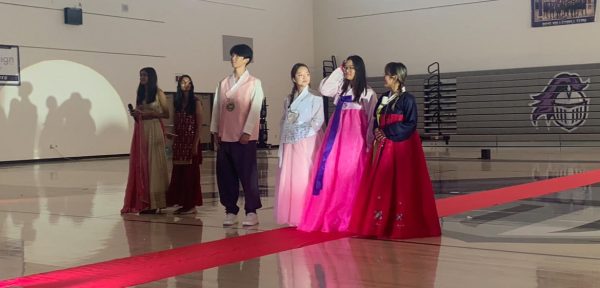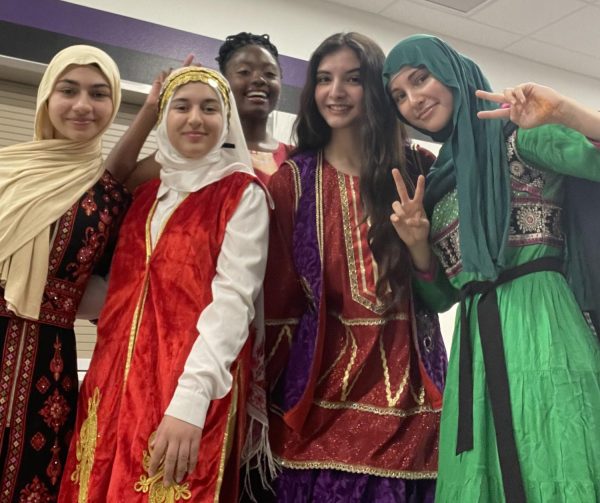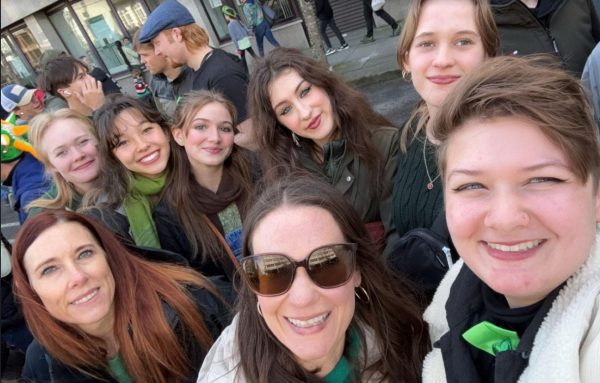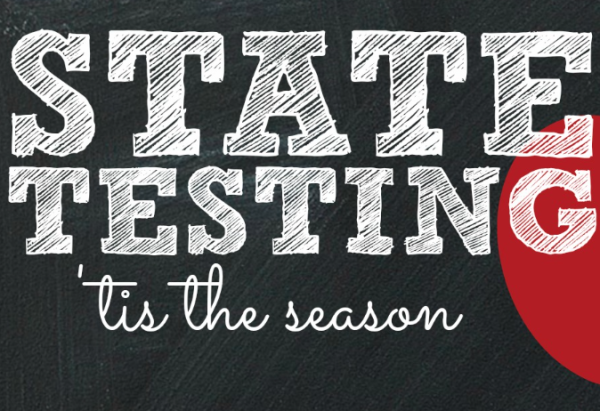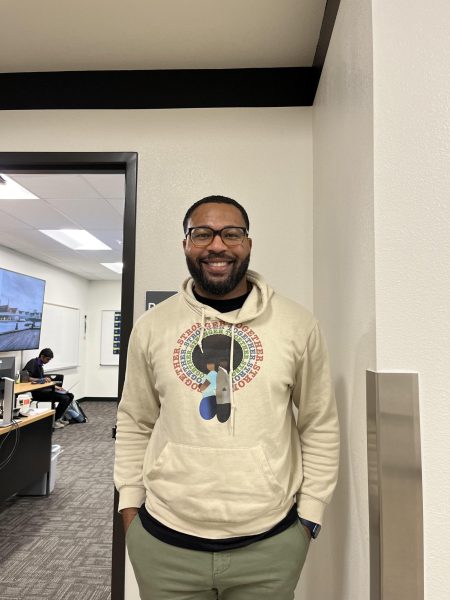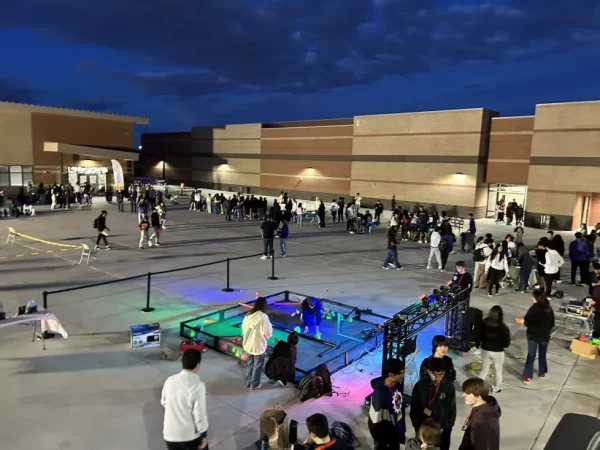History of Halloween
Costumes, candy, and children are the soul of Halloween, a tradition celebrated by people of all ages. Running door to door in search of free candy gives children an incentive to dress up in elaborate costumes, while teenagers and adults enjoy being with friends at parties and participating in costume contests. But how did this tradition come about?
Over 2,000 years ago, a group of people, called the Celts, inhabited present day Ireland, United Kingdom, and parts of France. November 1 marked the day for the transition between the summer harvest and a cold, dreary winter; The Celts celebrated it as a new year. They believed on November 1, the boundary between the worlds of the living and the dead became blurred and the spirits were allowed to return to earth the night before, on October 31. They also thought their priests were able to better predict the future when the souls returned to earth; these prophesies dictated their future during these harsh winters. To commemorate this sacred event, the Celts built a bonfire and sacrificed animals to their priests, or Druids. They often danced around the fire in costumes consisting of animal heads and skins.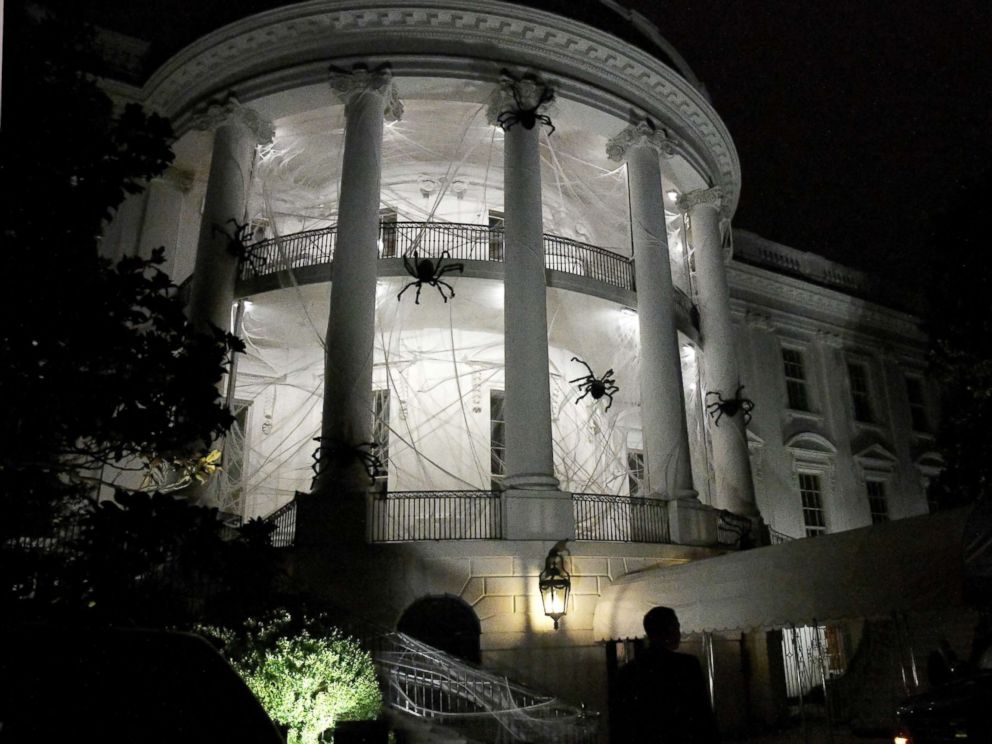
 Halloween wasn’t celebrated all over America, for it was an European tradition; however, Maryland’s location allowed it to adopt some of these ancient Celtic customs. Over time, European beliefs and customs meshed with American ideals to create an American version of Halloween. People participated in public events, which celebrated the harvest, and shared stories of the dead while still having fun by singing and dancing. In the middle of the 19th century, these annual autumn festivals became very common; however, it was not nation-wide until the second half of the 19th century. The Irish immigrants fleeing the Potato Famine helped popularize the celebration of Halloween nationally. With a sense of community, the holiday soon changed from tricks to treats and trick-or-treating became a common theme among young children. By the 20th century, Halloween lost most of its superstitious and religious views and became centered around costumes, parties, and dressing in costumes.
Halloween wasn’t celebrated all over America, for it was an European tradition; however, Maryland’s location allowed it to adopt some of these ancient Celtic customs. Over time, European beliefs and customs meshed with American ideals to create an American version of Halloween. People participated in public events, which celebrated the harvest, and shared stories of the dead while still having fun by singing and dancing. In the middle of the 19th century, these annual autumn festivals became very common; however, it was not nation-wide until the second half of the 19th century. The Irish immigrants fleeing the Potato Famine helped popularize the celebration of Halloween nationally. With a sense of community, the holiday soon changed from tricks to treats and trick-or-treating became a common theme among young children. By the 20th century, Halloween lost most of its superstitious and religious views and became centered around costumes, parties, and dressing in costumes.
Halloween is a tradition as old as time, yet it didn’t start out with small children going door to door begins for free candy. With the help of the community and modern views, Halloween transformed into the tradition known today. Have a great Halloween Knights!
http://www.history.com/topics/halloween/history-of-halloween


